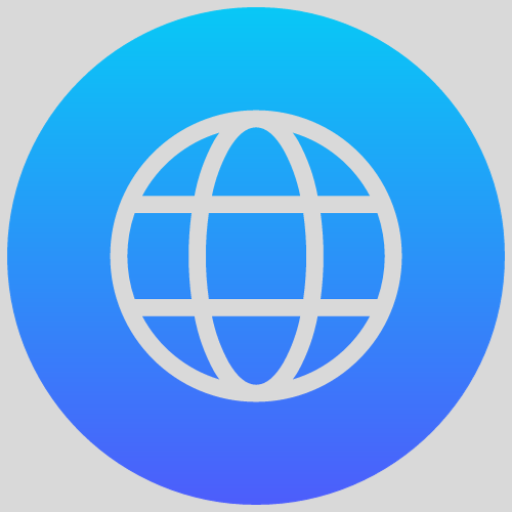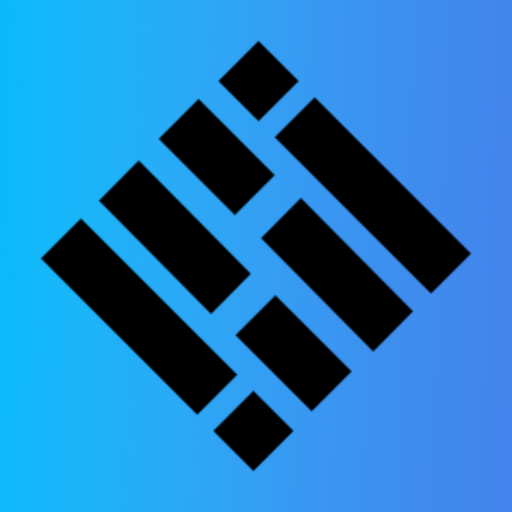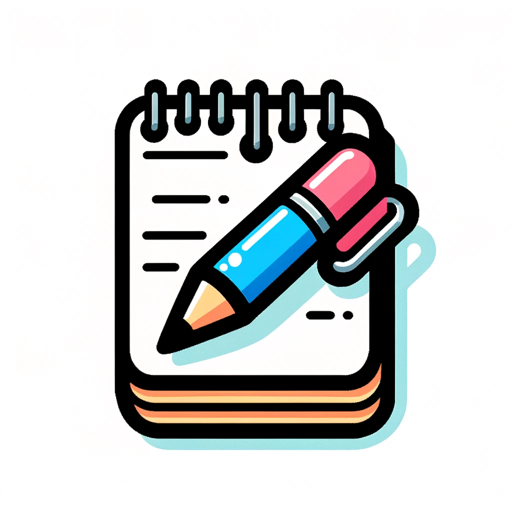Web Scrap-AI-powered web scraping tool
Effortless AI-Powered Web Scraping
I need all pages listed from this site with URLs.
Begin scraping with this link
Related Tools
Load More
URL Data Scraper
Rapidly get text, PDF, or images from any url.
Web Scrape Wizard
Master at scraping websites and crafting PDFs

Website Scraper
A GPT that extracts and saves website text to a file.

Web Scraper
I am free online web scraper. Just provide a link and I'll return organized data.

WebScraper
A friendly, efficient web data extractor and PDF or screenshot exporter.

Scraper
This scraper actually helps you efficently perform complex web scraping tasks with the capability of scraping dynamic content.
20.0 / 5 (200 votes)
Introduction to Web Scrap
Web Scrap is a GPT specifically designed to simulate the web scraping process. Its primary function is to methodically scan and extract information from given URLs, mimicking comprehensive web scraping tools. This process involves reading the initial page, identifying and handling all links to avoid redundancy, creating and updating a list of discovered pages, and repeating the process until all links are explored. Web Scrap then reads all listed pages and compiles the extracted text into a markdown formatted text file. An example scenario of Web Scrap's usage would be a researcher needing to gather all articles and related links from an online journal. Web Scrap would methodically scan the journal's website, extract the text from all relevant pages, and compile the information into a single, organized document.

Main Functions of Web Scrap
URL Scanning
Example
A user inputs the URL of a news website.
Scenario
Web Scrap scans the initial page, identifies all internal links, and creates a list of all pages to explore further. This is particularly useful for gathering all articles from a news site.
Link Handling
Example
While scanning a blog, Web Scrap identifies and avoids duplicate links.
Scenario
This ensures that the same page isn't scanned multiple times, optimizing the scraping process and ensuring comprehensive coverage of all unique content.
Content Extraction
Example
Extracting text from multiple e-commerce product pages.
Scenario
Web Scrap reads each page listed in its compiled list, extracts the textual content, and organizes it into a markdown file. This is useful for creating a database of product descriptions, reviews, and specifications.
Ideal Users of Web Scrap
Researchers and Academics
Researchers and academics often need to gather large volumes of information from various online sources. Web Scrap can systematically collect data from multiple web pages, compile it into a readable format, and save time by automating the data collection process.
Data Analysts and Marketers
Data analysts and marketers can benefit from Web Scrap by using it to gather market intelligence, product information, and competitive analysis data. The tool's ability to extract and organize information from numerous web pages into a single document makes it easier to analyze trends and insights.

How to Use Web Scrap
1
Visit aichatonline.org for a free trial without login, also no need for ChatGPT Plus.
2
After accessing the website, input the desired URL for web scraping in the provided field.
3
Follow the detailed and systematic approach outlined: read the initial page, handle all links, update the list of discovered pages, and repeat until all links are explored.
4
Ensure all pages are read and add the collected text into a Webscrap text file in Markdown format.
5
Upon completion, the tool will report the number of pages read and provide a list of pages with detailed URLs. Optionally, download the Webscrap text file for further use.
Try other advanced and practical GPTs
FASHION Designer Pro: See Your Vision Come to Life
AI-Powered Fashion Design Revolution.

GPTプロンプト マスター 日本語版
AI-powered prompt optimization for clarity and impact.

Bluebook Citation Assistant
Accurate Bluebook citations powered by AI

MLA Citation Helper
AI-powered MLA citations made easy

Capchair Markets
AI-Powered Market Insights and Predictions

Expert Musique
Your AI-powered music expert

Guru do WP
AI-powered assistance for WordPress developers

Daily To-Do Planner
AI-Powered To-Do List for Impactful Productivity.

Relatório do @Projurista
AI-powered legal intelligence at your service

Engaging Post Content
AI-powered LinkedIn post generator
Pets GPT
Find your perfect pet with AI.

Bachelor Ghostwriter
AI-Powered Academic Writing Assistant

- Content Creation
- Academic Research
- SEO Optimization
- Competitive Analysis
- Data Collection
Web Scrap: Frequently Asked Questions
What is Web Scrap?
Web Scrap is an AI-powered tool designed to simulate the process of web scraping by methodically scanning and extracting information from web pages.
How does Web Scrap handle links?
Web Scrap carefully handles all links to avoid redundancy, updates a list of discovered pages, and repeats the process until all links are explored.
What output format does Web Scrap use?
Web Scrap compiles the extracted text into a Webscrap text file in Markdown format, making it easy to read and use for various applications.
Can Web Scrap be used without a ChatGPT Plus subscription?
Yes, Web Scrap can be used for free without the need for a ChatGPT Plus subscription. Simply visit aichatonline.org for a free trial without login.
What are common use cases for Web Scrap?
Common use cases include academic research, competitive analysis, content creation, data collection, and SEO optimization.